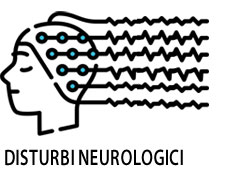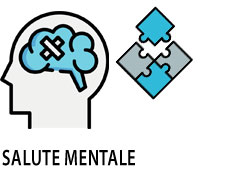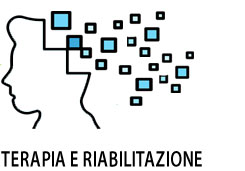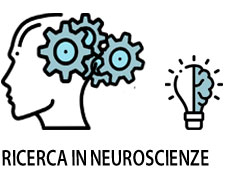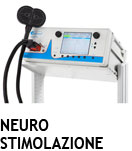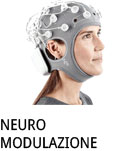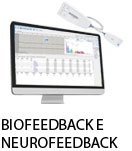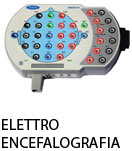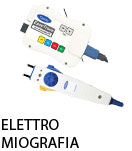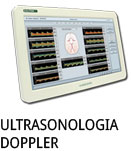- +39 011 5821948
- info@geasoluzioni.it
- Lun - Ven 8:00 - 17:30
Pubblicazioni
The Neuroprotective Effects of Long-Term Repetitive Transcranial Magnetic Stimulation on the Cortical Spreading Depression-induced Damages in Rat-s Brain.
- Abstract:
- INTRODUCTION: Cortical Spreading Depression (CSD) is a propagating wave of neural and glial cell depolarization with important role in several clinical disorders. Repetitive Transcranial Magnetic Stimulation (rTMS) is a potential tool with preventive treatment effects in psychiatric and neuronal disorders. In this paper, we study the effects of rTMS on CSD by using behavioral and histological approaches in hippocampus and cortical regions. METHODS: Twenty-four rats were divided into four groups. A group of control rats were kept in their home cage during the experiment. The CSD group received four CSD inductions during 4 weeks with 1 week intervals. The CSD-rTMS group were treated with rTMS stimulation (figure-eight coils, 20 Hz, 10 min/d) for 4 weeks. The fourth group, i.e. rTMS group received rTMS stimulation similar to the CSD-rTMS group without CSD induction. RESULTS: Long-term rTMS application in treated groups significantly reduced production of dark neurons, increased the mean volume of normal neurons, and decreased the number of apoptotic neurons in cortical regions compared to the control group. The protective effects of long-term treatment by rTMS in the hippocampal regions were also studied. It was effective in some regions; however, rTMS effects on hippocampal regions were lower than cortical ones. CONCLUSION: Based on the study results, rTMS has significant preventive and protective effects in CSD-induced damages in cortical and hippocampal regions of the rat's brain.
- Patologie/Applicazioni:
- Anno:
- 2018
- Tipo di pubblicazione:
- Articolo
- Parola chiave:
- stimolazione magnetica transcranica; depressione; corteccia prefrontale; effetti neuroprotettivi; ratto
- Testata scientifica:
- Basic and Clinical Neuroscience
- Nota:
- Studio preclinico, fatto con il MagPro R30 ed i coil speciali per i ratti, spiega come avere un biomarker predittivo degli effetti rTMS nei depressi.
- DOI:
- 10.29252/NIRP.BCN.9.2.87
La nostra storia
GEA soluzioni si affaccia nel 2013 al mercato della strumentazione medicale di alto livello tecnologico ma la sua storia parte da più lontano, clicca qui per approfondire.
GEA SOLUZIONI SRL
via Issiglio 95/10, Torino
Tel.: 011 5821948 / 011 4463853
Fax: 011 0433281
Email: info @ geasoluzioni.it
P. IVA IT11696920013
REA TO1233648

